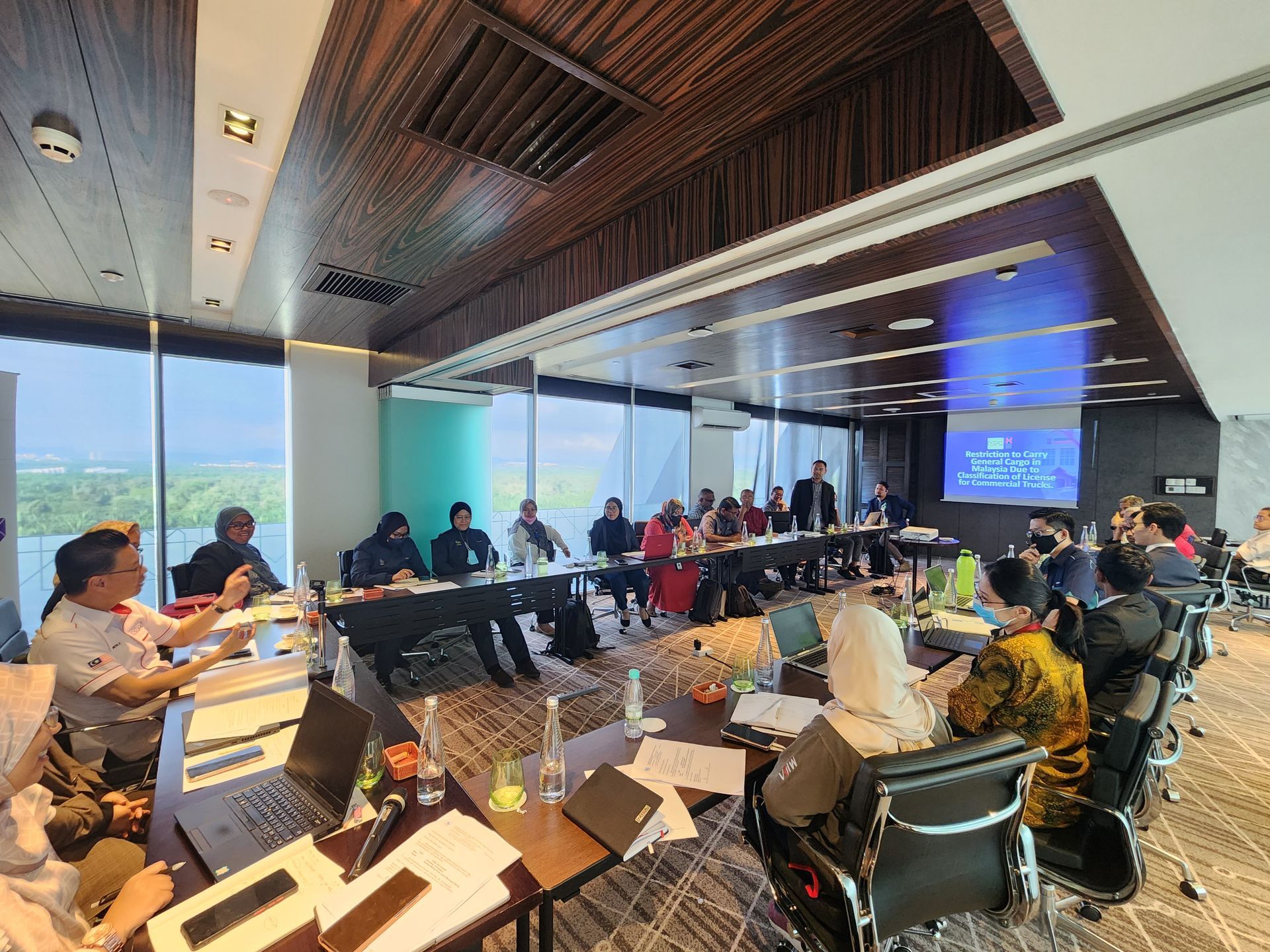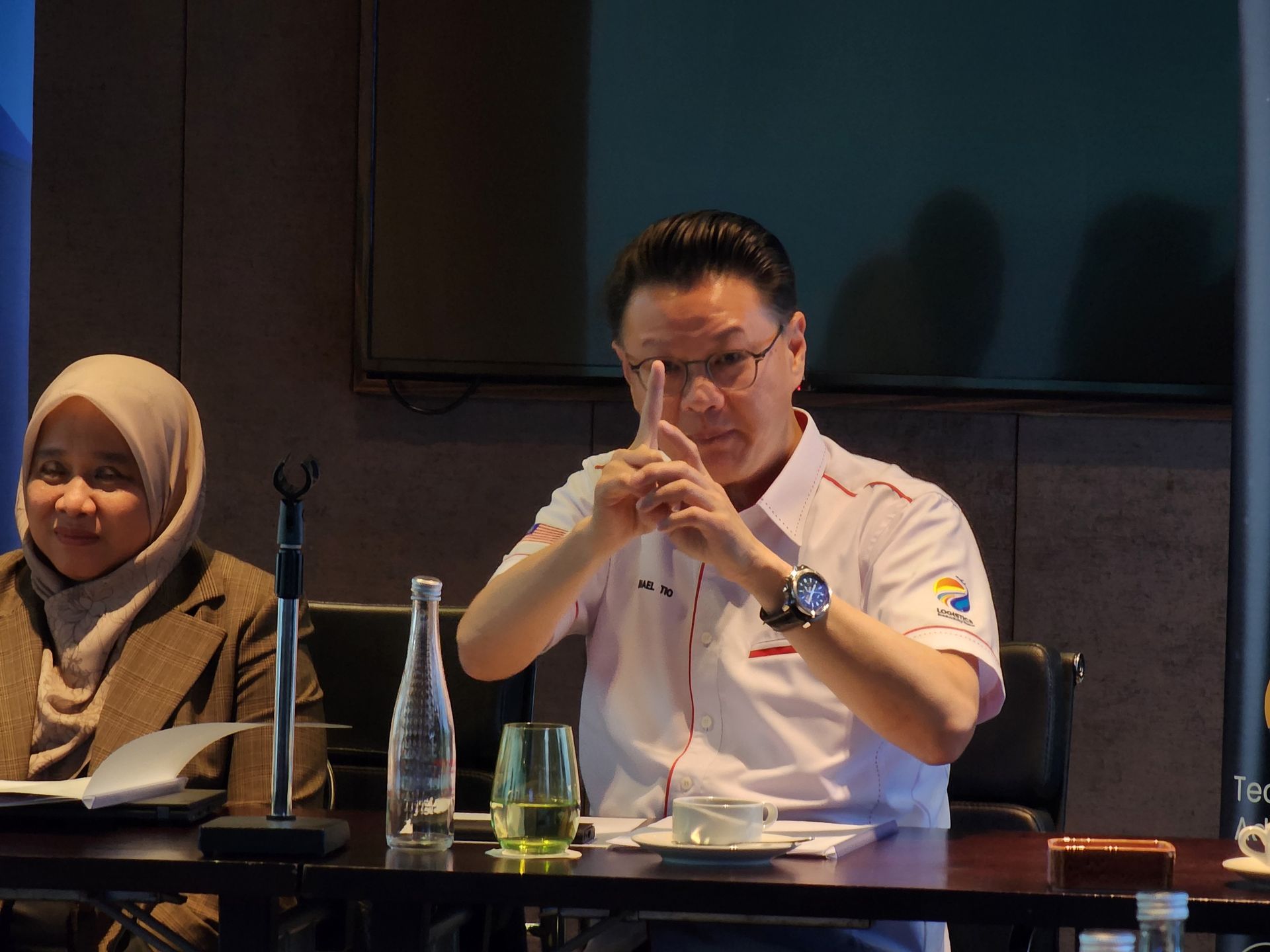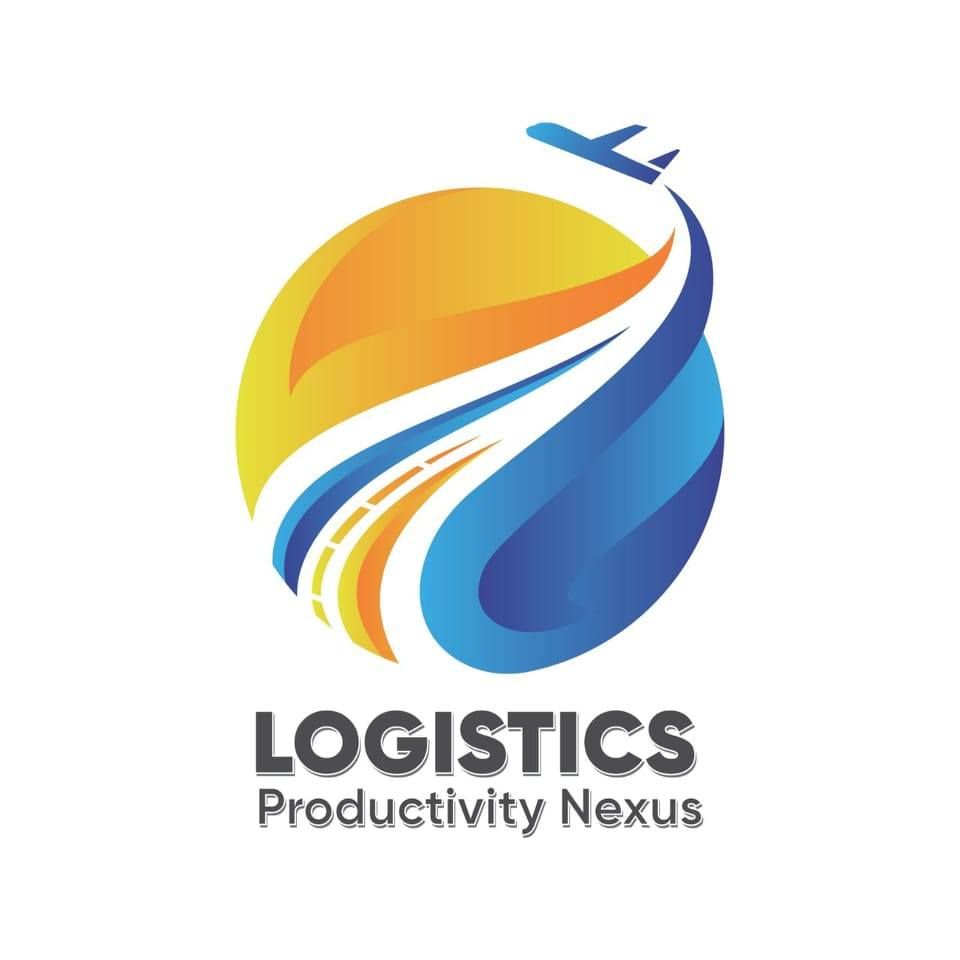
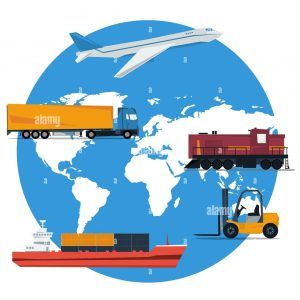
OVERVIEW
LOGISTICS PRODUCTIVITY NEXUS
Logistics Productivity Nexus (LPN) is established under the Twelfth Malaysia Plan
(12MP), which is a government initiative to enhance national productivity and
economic growth through collaboration between the Government, industry players,
and academia. Logistics sector is expected to contribute 6.5 per cent to the national
GDP by the year 2030.
Productivity Performance
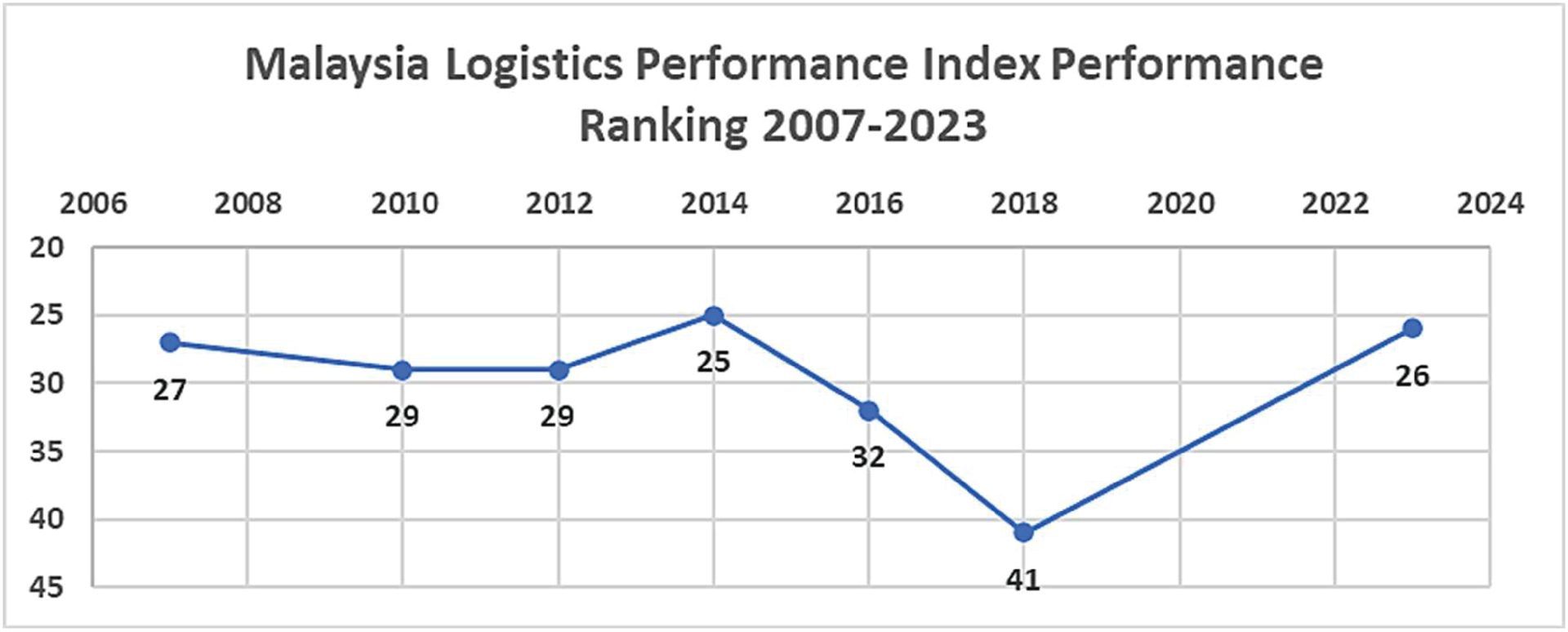
Malaysia jumps 15 ranks in World Bank’s 2023 Logistics Performance Index.
Malaysia climbed 15 notches to the 26th place in the World Bank’s Logistics
Performance Index (LPI) 2023 and took the second spot behind Singapore amongst its ASEAN peers.17 This was a meritorious improvement from rankings of 41 in 2018, and 32 in 2016. The best ranking Malaysia has attained was 25 in the LPI 2014 report. The LPI 2023 report covers the latest view on trade logistics performance of 139 countries. It measures the ease of establishing reliable and timely supply chain connections and the structural factors that make it possible, such as the quality of logistics services, trade and transport-related infrastructure, and border controls.
Challenges
- Rising freight costs, fragmented logistics sector, buying patterns of customers, and shortages have defined the state of global logistics in what is termed the supply chain crisis today.
- Restrictive regulations in Malaysia’s logistics industry increase costs for businesses and consumers, resulting in lack of coordination and incurring unnecessary regulatory burden.
- Processes and procedures in cargo clearance resulting in uncertainties and disruptions and increase of logistics cost.
- The bottleneck at the border clearance has resulted in road congestion at the border checkpoint and low turn-around in logistics delivery planning.
- Insufficient and unskilled manpower resulting in non-compliance processes and loss of productive time.
- Low adoption of digitalization resulting in inefficient logistics services and noncompetitive ecosystem.
- Malaysian logistics industry needs to shift up the global value chain in the goal of becoming the next logistics hub in ASEAN.




